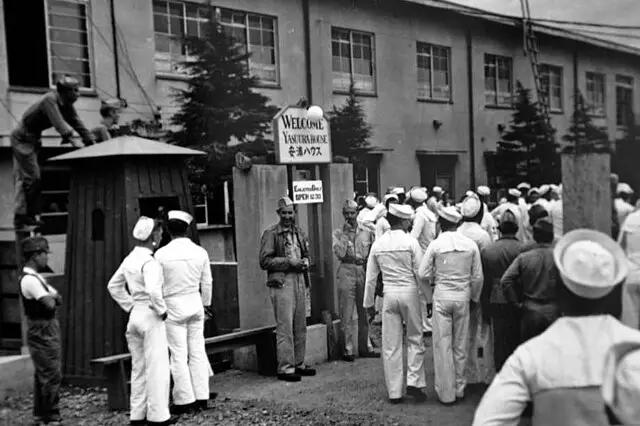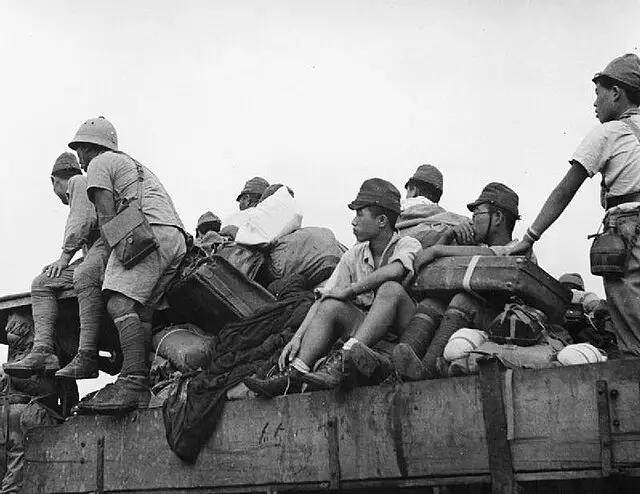The Pen, the Pistol, and the Peculiar Power of a Printed Page: How Malaka Women Fought Back with Ink
It wasn’t rifles that first rattled the Dutch. It was a printed pamphlet, handed from hand to hand in the sweltering heat of a Malaka street.
Not what you were expecting, right?
We’re used to war stories being full of muskets and machetes, and to revolutions being led by men with loud voices and flags. But in the tangled, humid heart of colonial Indonesia, in a little place called Malaka, something quieter stirred. It was feminine, it was furious, and it was… written.
Let me tell you a story about how women, often underestimated, sometimes invisible, picked up pens like they were weapons. Because, in a way, they were.
They Weren’t Supposed to Speak — So They Published
Let’s start with a fact that’s both infuriating and weirdly satisfying.
Colonial powers, particularly the Dutch in Indonesia, really didn’t want local women thinking for themselves. Education for native girls was spotty at best. The idea of a literate woman who also had opinions? That was borderline subversive.
So when women like Rasuna Said, Siti Sundari, and others started writing for newspapers, editing journals, and publishing essays that questioned the entire colonial setup, that was pure rebellion. Ink was their Molotov.
A 1932 edition of Soeara Perempoean (The Voice of Women) landed like a punch to the gut for colonial authorities. It wasn’t just about suffrage or access to education, though those were big parts of it. These women were calling out forced labor, marriage laws, religious hypocrisy, and yeah, Dutch colonialism.
They weren’t being “ladylike.” They were being loud.
Smuggling Ideas in Sarongs
Let’s paint a picture.
You’re a girl, maybe 16. You’ve learned to read in secret, with your brother’s old textbooks. You buy Poetri Hindia with coins you hide in your sandal. The Dutch patrols check for contraband, but they don’t think to confiscate what looks like a women’s magazine. After all, what threat could a printed piece of paper possibly be?
Oh, just the entire dismantling of an empire.
Articles by women like S.K. Trimurti, later jailed for her activism, spoke to readers like you, in a language you understood, about things you lived every day. They were angry, yes, but also funny. Sometimes bitterly sarcastic. And always real.
One letter to the editor read:”Why must I be silent when my silence is taken as consent? Must my voice wait for permission that never comes?”
And that, in a way, was the war cry. A printed one.

The Power of Illusion
This wasn’t just about ink. It was about reclaiming control in a world where very little belonged to these women. By simulating marriage, they flipped the script. Instead of being passive victims of cultural and colonial systems, they weaponized those very systems against their oppressors.
One can only imagine the conversations whispered at night, mothers teaching daughters how to draw the symbols just right, girls tracing lines with trembling fingers, hoping those patterns would be enough to keep them safe.
It wasn’t foolproof. But it was brilliant.
Sisterhood in Footnotes
What’s wild, and not talked about nearly enough, is how these women writers created invisible networks long before “networking” was a thing.
They quoted each other. They shared addresses. They smuggled manuscripts across islands tucked into baskets of rice or sewn into hems. You’d find footnotes referencing women’s schools in Sumatra, letters of support from Java, updates on court cases involving girls who refused arranged marriages.
They weren’t just writing for the hell of it. They were building a parallel society — literate, loud, and female.
One editor of Istri (The Wife) wrote:”We are not asking for power. We are writing ourselves into existence.”
The Colonial Crackdown… and the Last Laugh
The Dutch eventually caught on.
Writers were arrested. Publications were banned. Printing presses were destroyed. It was the literary equivalent of carpet bombing.
But here’s the kicker: by then, it was too late.
Girls were reading. Women were arguing. Aunties in markets were quoting anti-colonial essays while bargaining over bananas. The seed had been planted, and even if you burned the field, the roots were already too deep.
And some of these women didn’t just survive, they thrived. They became ministers, judges, and diplomats after independence. They didn’t just write the revolution; they helped lead it.
What This Means For Us Now
Why does this matter?
Because in a world that still tries to silence women, from online mobs to actual governments, this story reminds us that words have weight. That speaking up, even if no one’s listening yet, is a kind of power.
It also matters because so many of us never learned these names. These stories. We were taught revolutions were about guns and glory. But sometimes, they’re about a 19-year-old girl scribbling on recycled paper by candlelight, hoping someone will read what she dared to write.
And someone did.
And then another.
And then a nation woke up.
Final Thought: What If We Wrote Like That Now?
Not to get all “inspirational Instagram post” on you, but here’s a thought: What if we used our platforms, whatever they are, to challenge things that need challenging? What if we wrote, really wrote, with the kind of urgency those women had?
Not to go viral. But to be heard. To spark something.
Maybe we don’t need a printing press. But we definitely need that spirit.
Sources:
1. Blackburn, Susan. Women and the State in Modern Indonesia. Cambridge University Press, 2004.
2. Kartini, R.A. Letters of a Javanese Princess.
3. Wieringa, Saskia. Sexual Politics in Indonesia. Palgrave Macmillan, 2002.
4. “S.K. Trimurti Biography.” Encyclopedia.com
5. Soeara Perempoean digital archives via Perpusnas (Indonesia’s National Library)

